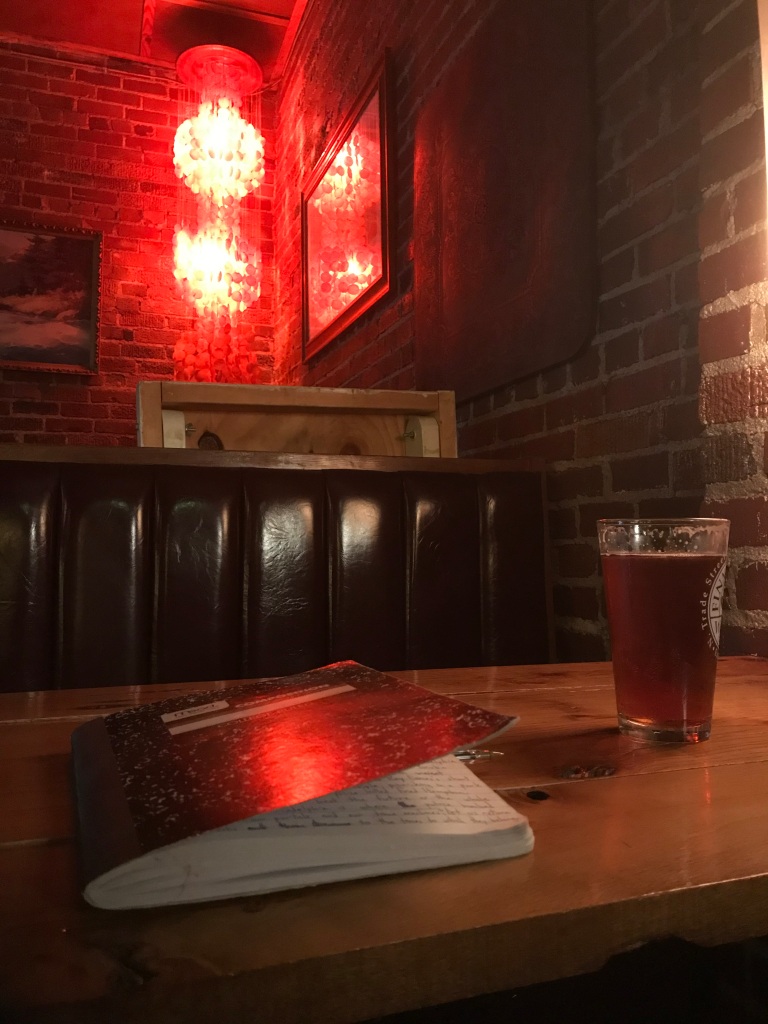“I’m dreaming, I’m dreaming away,” sings Poly Styrene. “Didn’t you see the thin ice sign?” she asks. What I hear instead, though, is “the thing I signed.” How is one to beware if the message is always misheard?
A Raincoat follow with their spooky funky glam jam, “It Came in the Night.” What is one to do with this energy? Should I unplug myself from Spotify, as Neil Young has done? That would deprive me of much of my library. The problem is, my apartment lacks space for objects that store sound. Hence my dilemma this morning: I woke up wanting to listen to Sonic Youth’s Sister, an album I own on CD. It and the CD player on which I would play it, however, are elsewhere. Should that prevent me from being able to listen to it here and now?
Spotify replies to this dilemma by compressing space-time.
“Time-space compression”: that’s what communications technologies do. Marxist geographer David Harvey writes about it in his book The Condition of Postmodernity. Paul Virilio calls it an essential facet of capitalist life.
Spotify achieves this effect of time-space compression through an act of remediation. The consequences of this act are only just now entering consciousness. Initially, it seems rather simple: an algorithm selecting and streaming recorded bits of sound based on past listens. But not just your listens, by which I mean your listens to it. That’s where it goes strange. For Spotify forms a cybernetic system with its users, each element revising itself into subsequent iterations or becomings based on the other’s feedback — meaning listens occur both ways. Users of course listen, both actively and passively, to Spotify. But Spotify also listens to its users.
A friend plays me a tune — Fassbinder collaborator Monique Zetterlund’s “Ellinor Rydholm” — and the next day it shows up in my “Discover Weekly” playlist. Spooky, eh? What can I say? I love it. Without it, I might not have heard Yoko Ono and John Lennon. Yoko’s voice might not have whispered in my ear, “Remember love.” Buddy Holly might not have entranced me with his version of “Love is Strange.” Thurston Moore wouldn’t have told me, “Angels are dreaming of you,” as he does on “Cotton Crown.”
Bricoleurs can’t be choosers: but here I am imagining in the faces of those angels glimpses of you. I picture us eyeing each other on a dancefloor, approaching as in a circling manner ‘round an invisible pole. Pouts give way to smiles; fingers trace forearms; lips graze lips. By these means, distance is eradicated and contact reestablished, hope reborn.
